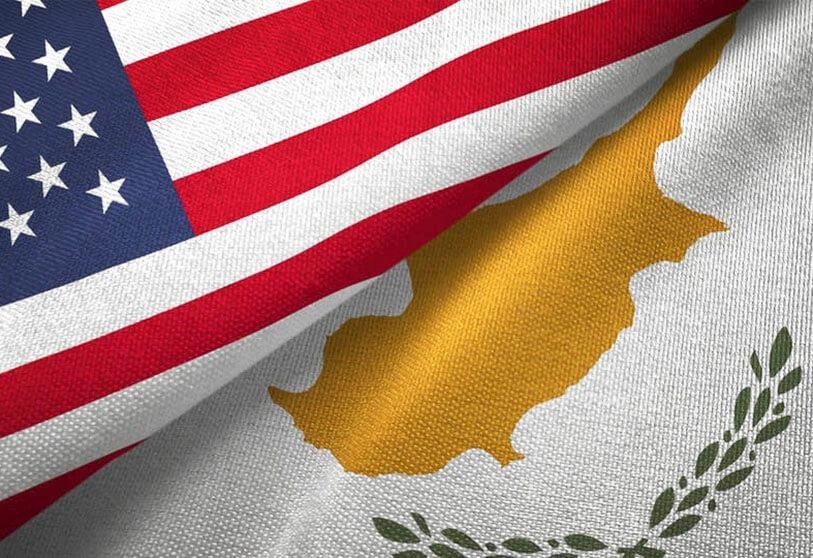WASHINGTON D.C. – The United States and Cyprus have embarked on a pivotal phase in their diplomatic relations with the initiation of a strategic dialogue, marking a significant milestone in their partnership. This new era of collaboration underscores their commitment to addressing crucial issues such as defense, security, energy, and counter-terrorism.

“This dialogue signifies a profound strengthening and expansion of our bilateral ties,” stated U.S. Secretary of State Antony Blinken, emphasizing Cyprus’s growing strategic importance and highlighting the mutual benefits of intensified cooperation.
Cypriot Foreign Minister Constantinos Kombos echoed Blinken’s sentiments, describing the dialogue as a historic achievement that solidifies the closest relationship ever between the two nations. He emphasized Cyprus’s dedication to acting as a steadfast partner amidst the complex challenges facing the region.
While similar dialogues are already in place with several European Union members, Cyprus brings unique advantages to the table. Notably, the Cyprus-Gaza maritime corridor stands out as a vital route for delivering humanitarian aid to Palestine, managed through rigorous security protocols involving Cyprus, Israel, and the U.S.
Additionally, a U.S.-funded center in Cyprus plays a pivotal role in enhancing regional maritime security by training personnel from Cyprus and neighboring nations.
Looking beyond historical divides, Cypriot officials aim to highlight Cyprus’s strategic significance beyond its internal challenges. This shift mirrors broader geopolitical trends, with Cyprus increasingly aligning itself with Western interests following decades of closer ties with the Soviet Union and Russia. The relationship with Russia has cooled significantly since the 2022 Ukraine conflict.
The upcoming annual strategic dialogue, set to commence this September, will explore avenues for cultural exchanges, educational initiatives, and potential investment opportunities. Key priorities for Cyprus include lifting the U.S. military sales embargo, expediting the development of natural gas reserves off its coast in partnership with U.S. energy giant Chevron, and inclusion in the U.S. visa waiver program.
This strengthened partnership between the U.S. and Cyprus holds immense promise for advancing cooperation and mutual benefit across a broad spectrum of issues. Analysts anticipate that this new phase could have far-reaching implications throughout the Eastern Mediterranean, particularly amid simmering tensions between Greece and Turkey. Cyprus’s role as a neutral and strategically positioned partner may help facilitate regional dialogue and stability with U.S. support.
Moreover, the development of Cyprus’s natural gas resources presents significant economic opportunities, potentially transforming the nation into an energy exporter and diversifying Europe’s energy supply, reducing reliance on Russian gas.
However, challenges remain, including the unresolved ethnic division in Cyprus, which continues to pose diplomatic hurdles. Overcoming these complexities will necessitate sustained diplomacy and cooperation between the Greek and Turkish Cypriot communities. Additionally, garnering full Congressional approval for lifting the arms embargo remains a potential obstacle, given concerns about regional militarization among some lawmakers.








